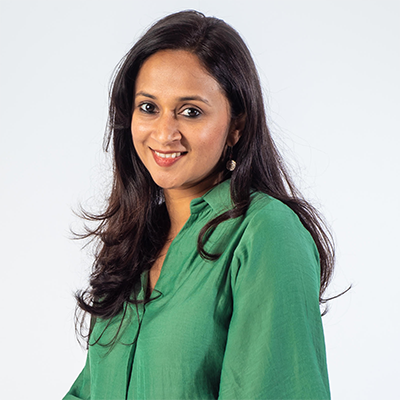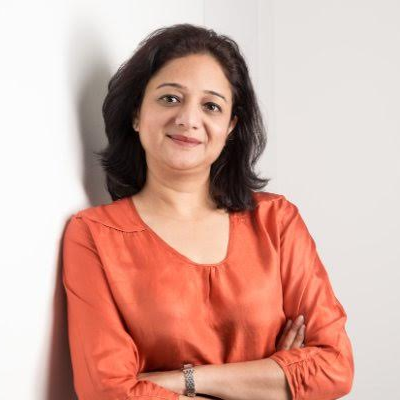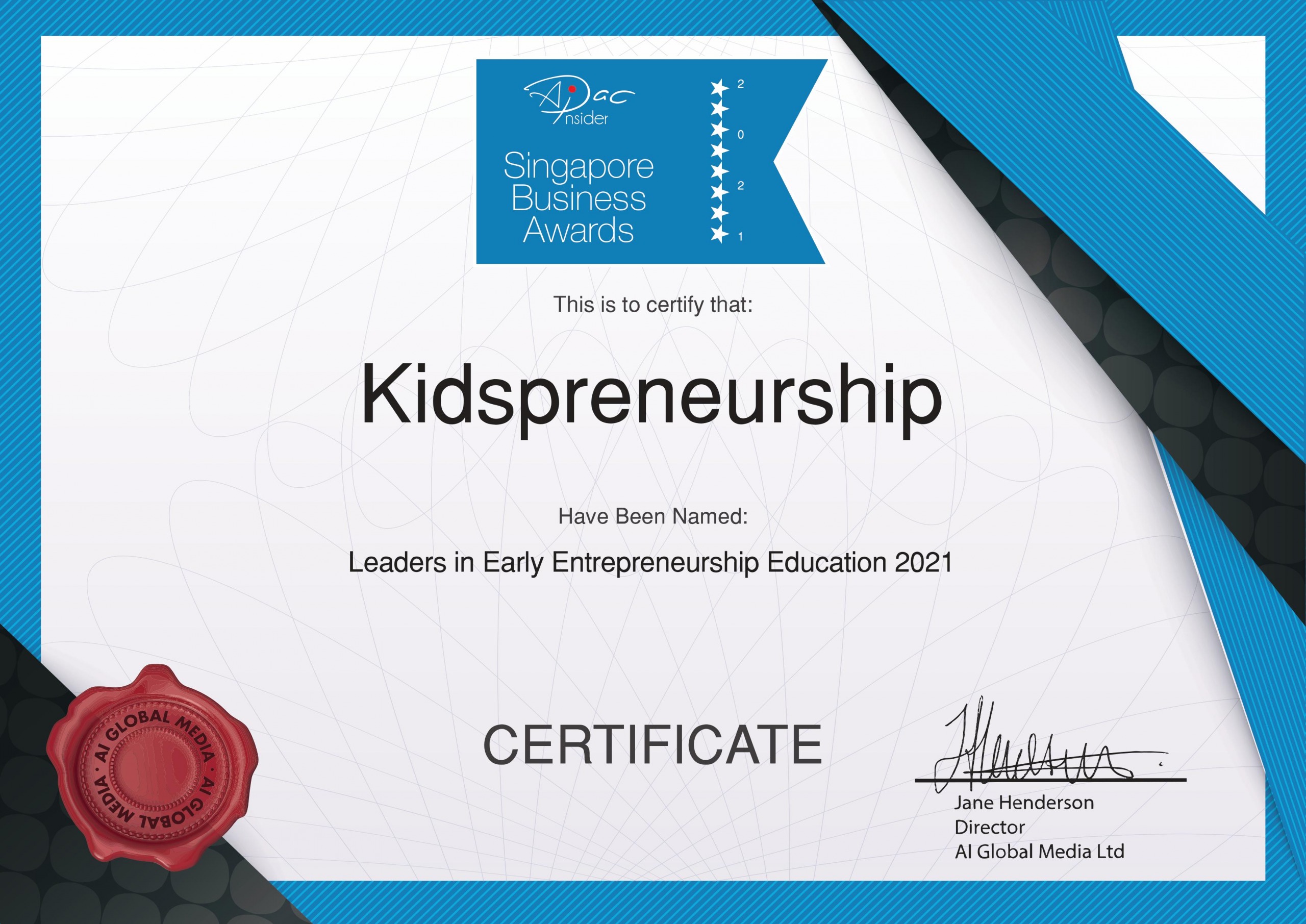Pedagogical Approaches

Schools typically choose a pedagogical approach and education board based on a variety of factors, including the needs and goals of their clients, the context in which the education will be delivered, and their own expertise and experience.
When selecting a pedagogical approach, schools may consider factors such as the age and learning style of the students, the subject matter being taught, and the goals of the education program. For example, a school may choose a constructivist approach for a program focused on critical thinking and problem-solving, while a behaviorist approach may be more appropriate for a program aimed at developing basic skills or knowledge.
When choosing an education board, consultants may consider factors such as the geographic region in which the education will be delivered, the requirements of the local education system, and the available resources and support networks. For example, a school may recommend a particular education board that is known for its innovative curriculum and teaching methods, or that offers strong support for teachers and schools.
Ultimately, the choice of pedagogical approach and education board will depend on the unique needs and goals of the client, as well as the consultant’s expertise and understanding of the educational landscape.
The constructivist approach and the behaviorist approach are two contrasting pedagogical approaches that differ in their underlying principles and teaching methods.
Difference between Constructivist Approach and Behaviorist Approach

The constructivist approach is based on the idea that learning is an active process in which learners construct their own understanding of the world through their experiences and interactions with their environment. In this approach, the role of the teacher is to facilitate learning by creating a rich learning environment, providing opportunities for exploration and discovery, and helping students to reflect on their experiences and make meaning from them. The constructivist approach emphasizes critical thinking, problem-solving, and self-directed learning.
On the other hand, the behaviorist approach is based on the idea that learning is a passive process in which learners acquire knowledge and skills through the reinforcement of correct behavior and the punishment of incorrect behavior. In this approach, the role of the teacher is to provide clear and specific instructions, to break down complex tasks into smaller components, and to provide immediate feedback on student performance. The behaviorist approach emphasizes rote learning, repetition, and drill and practice.
In summary, the constructivist approach emphasizes active and self-directed learning, while the behaviorist approach emphasizes passive learning through reinforcement and punishment. The choice of approach will depend on factors such as the subject matter being taught, the age and learning style of the students, and the goals of the education program. Some educators may choose to blend elements of both approaches to create a hybrid approach that incorporates the strengths of each approach.
Difference between Pedagogical Approach and Education Board

Pedagogy refers to the theories, methods, and principles of teaching and learning, including the strategies and techniques used by educators to engage with students and help them learn effectively. It encompasses the entire process of teaching and learning, from curriculum design and lesson planning to instructional techniques and assessment.
An education board, on the other hand, refers to a governing body that oversees and regulates the educational system within a particular region or country. Education boards are responsible for setting academic standards, developing curricula, and ensuring that schools and teachers meet certain criteria and qualifications.
While pedagogy focuses on the actual teaching and learning process, education boards are responsible for creating and enforcing the broader policies and frameworks that shape how education is delivered within a given system. In other words, pedagogy is more focused on the practical aspects of teaching and learning, while education boards have a more administrative and regulatory role in shaping the overall educational system.
Pedagogical Approaches

There are several types of pedagogical approaches used in education. Find below the list of different pedagogical approaches
- Traditional/Teacher-centered approach: In this approach, the teacher is the primary source of knowledge and controls the learning environment. The focus is on rote memorization and repetition, and the teacher is seen as the authority figure.
- Progressive/Learner-centered approach: This approach emphasizes the learner’s needs and interests, and encourages active participation in the learning process. The teacher serves as a facilitator, helping students to develop critical thinking and problem-solving skills.
- Montessori approach: This approach is based on the principles of Italian educator Maria Montessori. It emphasizes self-directed learning, hands-on activities, and a prepared environment that encourages exploration and discovery.
- Waldorf/Steiner approach: This approach is based on the philosophy of Austrian educator Rudolf Steiner. It emphasizes artistic expression, experiential learning, and a focus on the whole child, including physical, emotional, and spiritual development.
- Reggio Emilia approach: This approach is based on the philosophy of Loris Malaguzzi and emphasizes the importance of the environment in the learning process. It encourages collaboration, creativity, and exploration, and views the child as an active participant in their own learning.
- Project-based approach: This approach emphasizes active learning through the completion of projects or tasks that require critical thinking, problem-solving, and collaboration. The teacher serves as a guide, helping students to develop skills and knowledge through the completion of real-world tasks.
- Inquiry-based approach: This approach emphasizes the importance of asking questions and seeking answers. It encourages students to take an active role in their learning, and the teacher serves as a facilitator, helping students to develop research skills and find answers to their questions.
- Flipped classroom approach: In this approach, students learn material outside of class through pre-recorded lectures or online resources, and then come to class to work on activities or projects related to the material. The teacher serves as a guide, helping students to apply what they have learned and develop critical thinking skills.
Educational Boards

There are many types of educational boards around the world, each with its own curriculum, exam format, and grading system. Here are some of the most well-known ones:
- CBSE (Central Board of Secondary Education) – India
- ICSE (Indian Certificate of Secondary Education) – India
- IB (International Baccalaureate) – International
- IGCSE (International General Certificate of Secondary Education) – International
- GCSE (General Certificate of Secondary Education) – United Kingdom
- A-Levels (Advanced Level) – United Kingdom
- HSC (Higher Secondary Certificate) – Bangladesh
- WAEC (West African Examinations Council) – West Africa
- SAT (Scholastic Assessment Test) – United States
- ACT (American College Testing) – United States
- GED (General Educational Development) – United States and Canada
- AP (Advanced Placement) – United States
- NSW (New South Wales) – Australia
- VCE (Victorian Certificate of Education) – Australia
This list is not exhaustive, and there are many other types of boards that exist in different countries.
We at Kidspreneurship work closely with schools to understand their needs and develop a customized approach that is tailored to their specific context and goals.



























